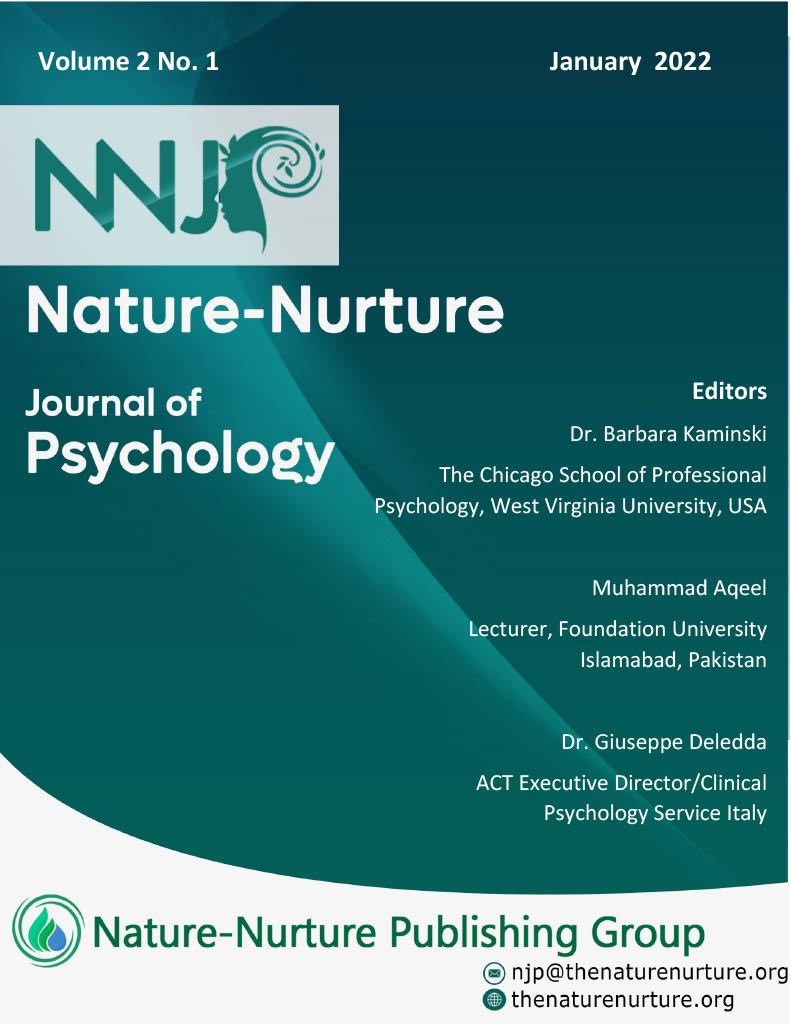Abstract
Background: In contrast to the attention it has received in related fields of research, body dissatisfaction has remained understudied within the field of public health. This is highly problematic, given a growing body of evidence implicating body dissatisfaction in a range of other public health concerns. This present study was examined the relationship among body satisfaction, body attitude, positive and negative affect in university students. Further, it examined the moderating role body satisfaction on the association among body attitude, positive and negative affect.
Methods: A purposive sampling technique was applied base on the cross-sectional design in present study. 300 university students with age ranged from 18 to 25 years (M = 20.12, SD = 13.03) were recruited from the different universities of twin’s cities, Rawalpindi and Islamabad, Pakistan. Three scales were applied to assess body satisfaction, body attitude, positive and negative affect in university students.
Results: The present study’s findings revealed that body attitude was positively associated with positive and negative affect in Pakistani university students. Further, body attitude was positively associated with body satisfaction. Moreover, lower level of body satisfaction was linked to positive and negative affect in university students. Additionally, this study demonstrated that higher level of body satisfaction was playing role of moderator between body attitude and positive and negative affect in university students. This analysis revealed that high level of body attitude was linked to positive and negative affect because it favors of lower level of body satisfaction in Pakistani students
Conclusions: this present study recommended that body attitude were triggered positive and negative affect in university students. Further, the complex interaction between body attitude and body satisfaction stimulated to positive and negative affect. It has very crucial implications for physiological and mental health wellbeing. There is a lot of approaches to improve body image naturally which is included psycho-education, cognitive behavioral therapy, and ecological approaches. Body image distress is a very important problems in all over the world that need effective responses for young students.
Copyright and Licensing
All articles published in the Nature-Nurture Journal of Psychology are made freely and permanently accessible online immediately upon publication, without subscription charges or registration barriers.
Authors retain the copyright of their work and grant the journal the right of first publication. Articles are published under the terms of the Creative Commons Attribution 4.0 International License (CC BY 4.0), which permits unrestricted use, distribution, and reproduction in any medium, provided the original work is properly cited.
To view a copy of this license, visit https://creativecommons.org/licenses/by/4.0/

